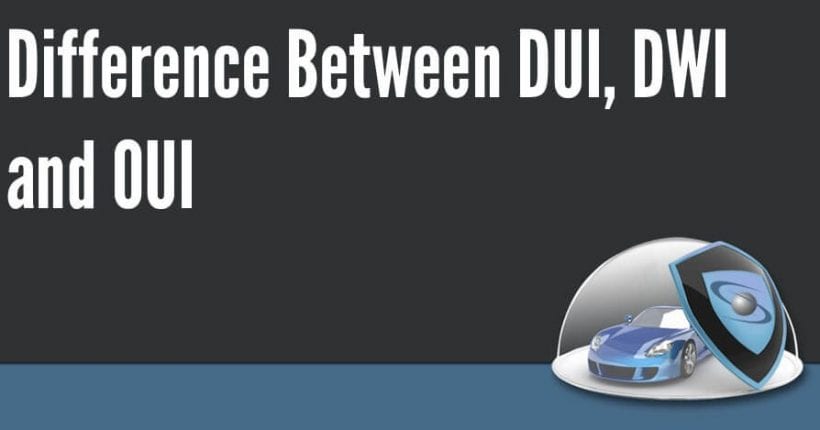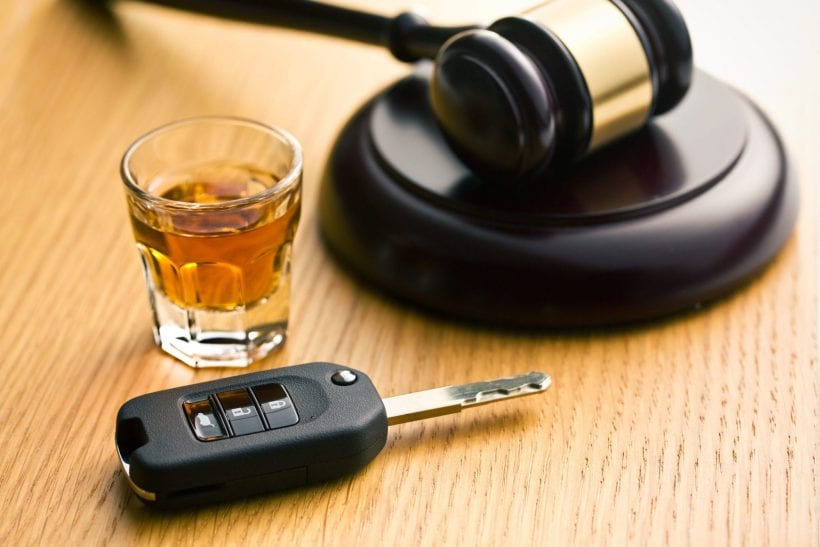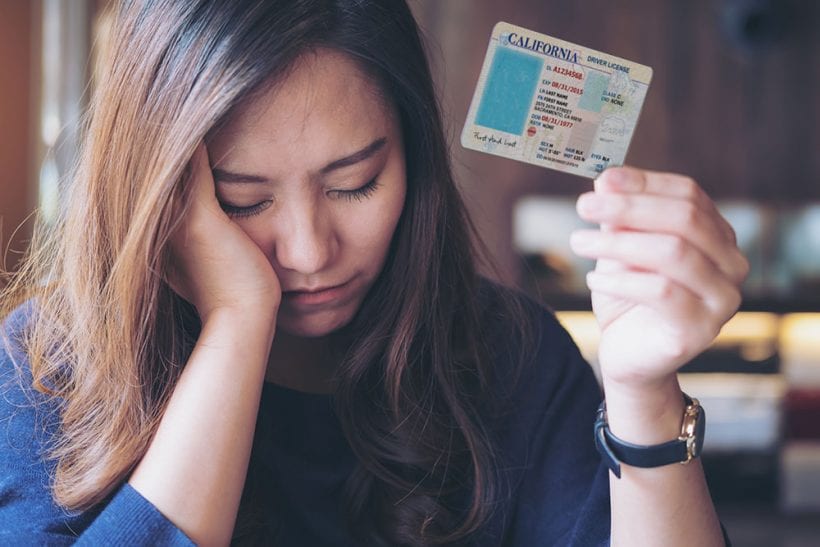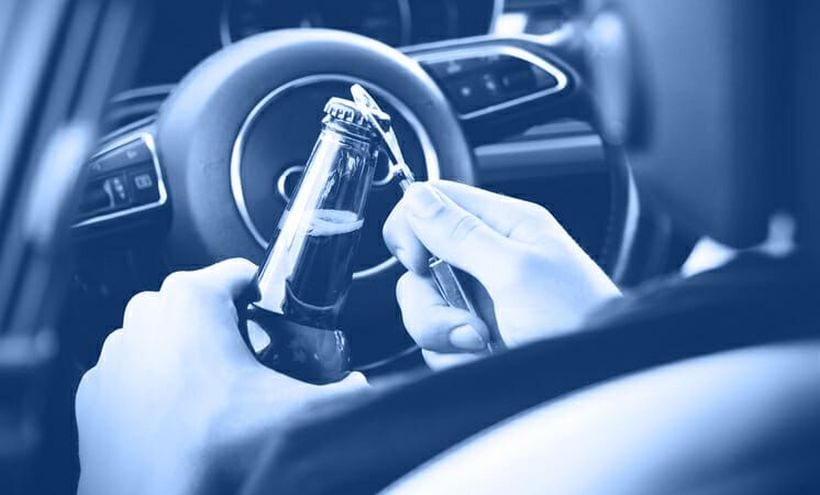The Centers for Disease Control and Prevention estimates that 29 people die in vehicle accidents involving too much drink impairment in the United States. In 2016 alone, these casualties accounted for 28% of traffic-related deaths in the country. As driving under the influence (DUI) or driving with intoxication (DWI) puts the life of other people in danger, not just the driver’s life, it’s considered a violation in the country.
While drunk driving is a huge traffic violation that can endanger many people’s lives, the offenders can defend themselves when charged with DWI. If you encounter this driving issue at some point in your life, it’s important to know what to do when charged with the violation.
What Is DWI? Is it different from DUI and OUI?

Driving while intoxicated is the most common crime or offense of driving, being on the road, operating a vehicle, or even driving under the influence of substances. Unfortunately, many people aren’t aware of the consequences of driving under the influence. DWI is a violation of both the criminal and civil laws of the United States. Basically, DWI is the same as DUI but the laws vary from state to state.
Not all states use the term DUI. There are different drunk driving classifications for every state:
- Driving while intoxicated or impaired (DWI): Alaska, Arkansas, Louisiana, Minnesota, Missouri, New Jersey, New Mexico, New York, North Carolina, and Texas
- Operating under the influence (OUI): Maine and Rhode Island
- Operating a vehicle while impaired (OVI): Ohio
- Operating while intoxicated (OWI): Indiana, Iowa, Wisconsin
- Driving under the influence (DUI): The most used classification applied in all states not mentioned above
There are different laws that have been implemented by different states, municipalities, and other jurisdictions on the arrest and charge of DWI. For example, in most states, the first DWI charge against a person is usually just considered a misdemeanor. It means that there is a minimum fine on the first violation, but not necessarily an incarceration or jail time. When a second DWI violation happens, a judge will likely hand down a prison sentence.
On the other hand, in some states, DWI charges and convictions will only involve a fine and/or community service, rather than a prison sentence. In cases where DWI charges and convictions include a jail sentence, it’s usually just for a few days.
Keep in mind that no matter which state you came from, you’ll face DWI charges in the state you were caught and arrested. Therefore, if your home state only has minor charges and consequences for drunk driving, these laws do not apply if you’ve committed the violation in a state with strict drunk driving implementations.
Defending Yourself From DWI Charges

Drunk driving isn’t a minor offense. Being involved in a DWI case, particularly if it’s not your first time, can put you away with multiple charges. If proven guilty, you may find yourself with additional violations such as speeding and reckless driving.
Once you’re charged with DWI violations, the first thing you need to do is to hire a skilled DWI lawyer from dwiguy.com. You will need someone who can provide legal advice and fight for you in court, should it be necessary.
If you don’t know what to do when you’re flagged down and could potentially be charged with DWI, here are a couple of things you need to note:
- Pull over safely. The officer will start observing your actions according to how you pulled over. An abrupt, reckless parking can more likely put you in more trouble.
- Avoid unnecessary movements that will make you suspicious. Sudden movements will make the officers think that you’re about to run away or attack them. Keep your hands on the steering wheel until an officer approaches you and asks for identification.
- Be polite and don’t respond to incriminating questions. Accept the likely possibility of getting charged with DWI and be polite to the officer. Being hostile and disrespectful can result in having an incriminating police report. Politely refuse to answer any question that might incriminate you.
- Refuse any tests to be conducted right at the arrest. It is not your legal obligation to comply with tests, such as field sobriety tests and handheld breathalyzer, during the arrest. It would be better to have your driver’s license suspended then take a proper examination when you can.
- Only allow a chemical test at the police station. Once you arrive at the police station, you’ll be asked to undergo a chemical test, either a breath test or blood test.
- Jot down everything you remember about your arrest. The moment you’re released, recall every detail during the arrest and write them down. These pieces of information will be helpful in evaluating your charges.
- Call an attorney. Contact an experienced DWI lawyer immediately by clicking here.

When it comes to how to deal with the repercussions of being arrested for DWI, you’ll first need to decide whether or not you want to go to court. If you feel that going to court will cause too much stress and anxiety, perhaps you should think about a plea bargain. If you do go to court, you’ll need to take a breathalyzer test, a blood test, or a urine test. These tests are usually carried out by an officer.
A judge will decide the penalty that you’ll get for being caught driving under the influence of drink. If you’re not found guilty, you will then be fined a fixed sum, or you may also receive points on your license, depending on how many points you have accumulated over the course of your driving career. If you’re convicted of driving under the influence of drink, you may face the following penalties: being banned from driving for a specified period of time, paying a fine, and a hefty criminal record check.
What Will Happen To My License?

The next question that will probably cross your mind is, how long will your license be suspended for the DWI arrest? Take note that every state might have different rules and implementations about returning your license. Generally, it depends on your charges and if you have had any priors. Here are some of the revocation rules:
- If your blood al*ohol content (BAC) is less than 0.16, and it’s your first time being charged with DWI, your license can be invalidated for up to 90 days. You can then apply for a work permit after 15 days.
- BAC of more than 0.16 is subjected to a longer revocation period.
- If you’ve refused to take a test, your revocation period can reach a year.
- The revocation rules for individuals aged under 21 are different.
- If you have aggravating charges, such as drunk driving with a child under 16, or having priors, your revocation period will increase further.
Final Thoughts
Unfortunately, however, blaming too many drinks isn’t an excuse for the offense. If ever you encounter yourself driving under the influence and receiving the charges, it’s important to be aware of your rights, know what to do during the arrest, and find a DWI lawyer that you can rely on to help you defend yourself from any charges.

